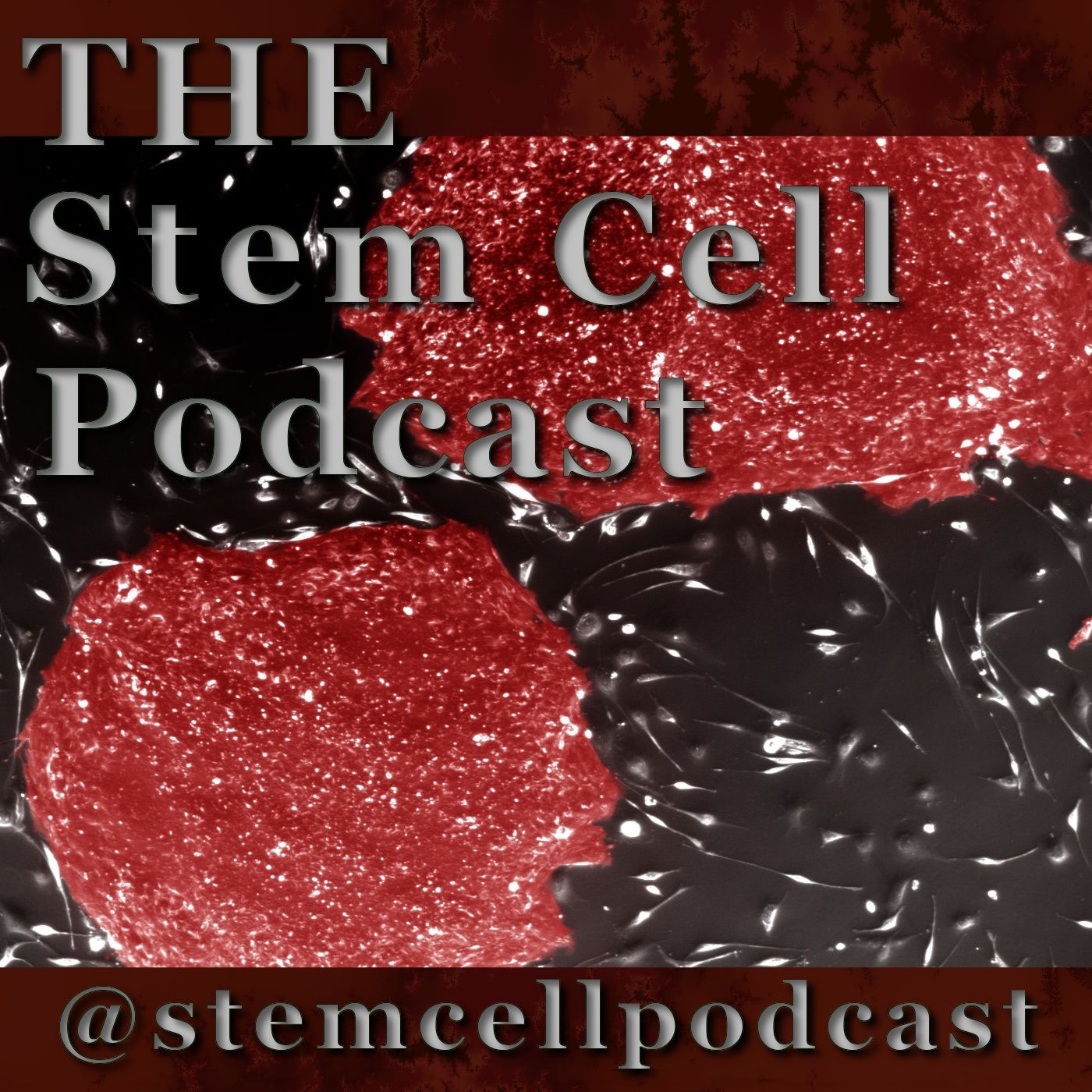Ep. 37: Repairing The Heart Featuring Dr. Christine Mummery

b'Welcome everyone to episode 37! Be sure to go to\\xa0www.stemcellpodcast.com for previous episodes and to enter your name and email to sign up for our newsletter. On this episode we begin with our signature Science Roundup sponsored by\\xa0Thermo-Fisher Scientific. In this episode of The Stem Cell Podcast, we\\xa0discuss papers on a range of topics including making hair from stem cells, a new Parkinson\'s disease trial, measles on the rise, BPA affects sperm stem cells, too much salt is bad for your brain, and birth controls link to brain cancer. Then we bring on Dr. Christine Mummery to discuss how stem cells are being used for heart disease. We also discuss the new open access journal\\xa0Stem Cell Reports.\\xa0After this we finish with a rant about botched weather forecasts.
Below are all of the papers mentioned on the show. We are working on a way to categorize all of the research papers we mention and possibly even provide audio summaries. Enter in your name and e-mail address below, and we will notify you of when this feature is available.
Resources, Links and Research Papers Mentioned In This Session Include:
CDC Reports Current Flu Vaccine Effectiveness at 23% This Season \\u2013 In this article, a report published in the January 16 Morbidity and Mortality Weekly Report (MMWR) estimates that getting a flu vaccine this season reduced a person\\u2019s risk of having to go to the doctor because of flu by 23 percent among people of all ages.
India\'s Tiger Population Sees 30% Increase \\u2013 According to this article, India says it now has almost a third more tigers than it did four years ago and it was willing to donate tiger cubs to the international community to help conservation efforts.
Scientists Give Genetically Modified Organisms A Safety Switch \\u2013 In this article, researchers at Harvard and Yale have used some extreme gene-manipulation tools to engineer safety features into designer organisms, specifically reprogrammed the common bacterium E. coli so it requires a synthetic amino acid to live.
WSU Researchers See Effect Of BPA, Estradiol On Sperm Development \\u2013 This article describes how bisphenol A (BPA) and estradiol contributes to disrupted sperm production resulting in decreased sperm counts.
Too Much Salt Intake Changes Key Brain Circuits \\u2013 This article shows that excessive salt intake "reprograms" the brain, interfering with a natural safety mechanism that normally prevents the body\'s arterial blood pressure from rising.
Trust Your Gut: E. Coli May Hold One Of The Keys To Treating Parkinson\'s \\u2013 In this article, researchers recently discovered a protein in E. coli that inhibits the accumulation of potentially toxic amyloids\\u2014a hallmark of diseases such as Parkinson\'s.
Hidden Formaldehyde in E-Cigarette Aerosols \\u2013 This article shows that the carcinogen formaldehyde, a known degradation product of propylene glycol that reacts with propylene glycol and glycerol during vaporization to produce hemiacetals, can be formed during the e-cigarette \\u201cvaping\\u201d process.
Laser-Generated Surface Structures Create Extremely Water-Repellent Metals \\u2013 This article describes how scientists at the University of Rochester have used lasers to transform metals into extremely water repellent, or super-hydrophobic, materials without the need for temporary coatings.
Birth Control Pill Risks May Now Include Brain Cancer \\u2013 In this article, scientists have found that women taking hormonal contraceptives \\u2014 those containing estrogen, progestin or a combination of both \\u2014 showed higher rates of a rare brain tumor known as glioma.
Measles Has Infected 84 People In 14 States This Year \\u2013 According to this article, the Centers for Disease Control and Prevention (CDC) said 84 people in 14 states were diagnosed with measles from Jan.1 through 28, most were infected either at Disneyland or by someone who went there.
Carnegie Mellon, Weizmann Institute Researchers Discover "Idiosyncratic" Brain Patterns in Autism \\u2013 In this article,'